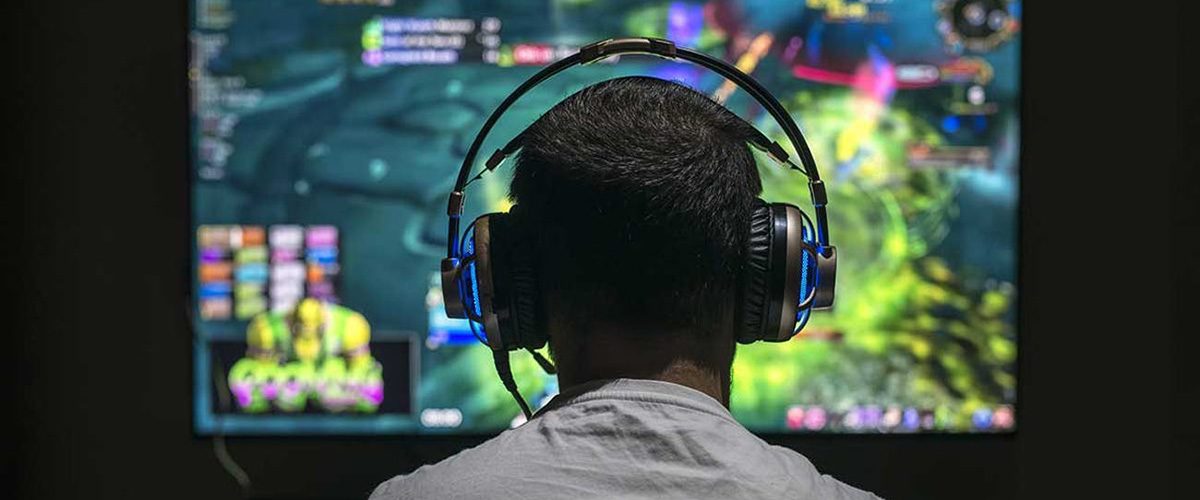Gaming addiction has long been in the limelight as a highly-debated, controversial topic, and it seems like there’s finally some progress in addressing the matter properly. According to the World Health Organisation (WHO), gaming disorder is now recognised as an official illness, following approval by 194 members of the group at the 72nd World Health Assembly on May 25, 2019.

The decision dates back to June last year, where the eleventh revision of its International Statistical Classification of Diseases and Related Health Problems (otherwise known as ICD-11) was adopted and finalised to include gaming disorder. Described as a “pattern of persistent or recurrent gaming behaviour (‘digital gaming’ or video-gaming’) which may be online or offline, the newest revision of its definition involves three important determining factors:
- Impaired control over gaming (e.g. onset, frequency, intensity, duration, termination, context);
- Increasing priority given to gaming to the extent that gaming takes precedence over other life interests and daily activities; and
- Continuation or escalation of gaming despite the occurrence of negative consequences. The behaviour pattern is of sufficient severity to result in significant impairment in personal, family, social, educational, occupational, or other important areas of functioning.
As it stands, WHO explained that the consensus was reached based on expert views spanning across different disciplines and regions, as well as reviews of available evidence. While that does appear to establish some form of credibility, there are global video games trade bodies who are opposed to the new classification, with a number of them releasing a joint statement calling for the organisation to reverse course.
Citing that more research has to be done, and that the diagnosis could potentially trivialise “real mental illnesses such as depression and social anxiety disorder”, the likes of Entertainment Software Association (USA), Interactive Software Federation of Europe, Association for UK Interactive Entertainment, and K-GAMES (South Korea) have requested for the re-examination of the issue at hand.

In a bid to highlight how WHO’s classification would put the industry at risk, ESA has also put forth the argument that video games are more than capable of bringing benefits to the education, creative, and economy sectors, among others.
Despite the resistance, the updated ICD-11 will still come into effect starting January 1, 2022 as planned.












